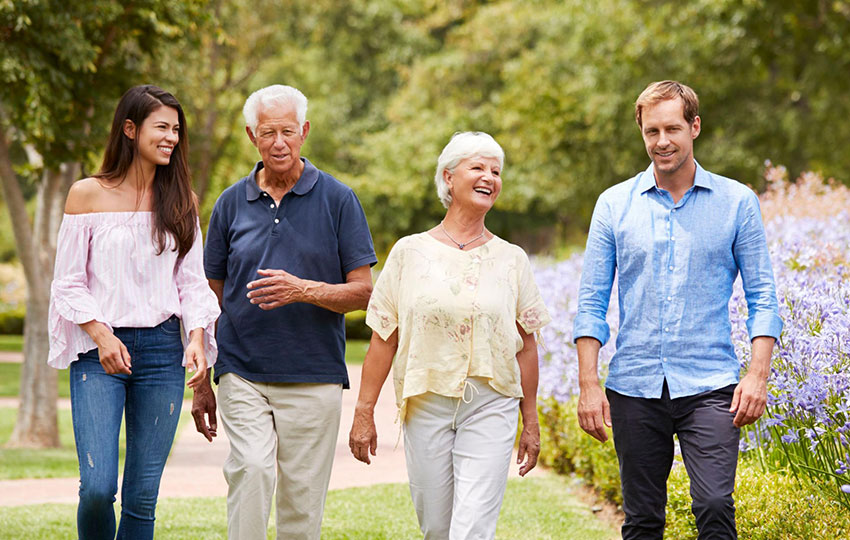The concept of active ageing is a multidimensional concept that is affected by several different factors on a daily basis. Active ageing includes all physical functionality, lifestyle, social inclusion and urban environment of the people included in this group.
According to the 2015 definition for active ageing, by the World Health Organization (WHO) ‘’Active ageing is the process of optimizing opportunities for health, participation and security in order to enhance the quality of life as people age’’. Another important definition given by the World Health Organization is the definition of healthy ageing. ‘’It is the process of developing and maintaining the functional ability that enables well-being in older age’’
For the European Union, active ageing is a very important part of the current European policies. Active ageing is all about helping people to continue being in charge of their own lives even after a certain age. They are encouraged to contribute to the economy and society, thus ensuring their healthy and active way of living.
There are of course certain challenges that are met and are dealt with. The proportion of older people around European society is increasing fast. Yet the birth rates are not.
It is expected that between the years 2016-2020 the share of people above the age of 65 will increase from the current 19.3% all the way to 29.0% of the total population. Subsequently, the percentage of people over the age of 80 will double all the way to 12%
Another challenge is the fact that the percentage of the working age population which is between the years 16-64 will decrease to 11.6%. This will result in a decrease in the European economic growth which has been mostly fueled by workforce growth. The smaller the workforce the more negative effect it will have on the European economy and social systems.
European policies are focusing on addressing the ageing challenges and turn them into opportunities. They focus on extending working lives, developing supplementary pensions and ensuring that all workers will have full access to adequate social protection which includes pensions.
The EU has developed the Active Ageing Index to assess all the untapped potential of older people. For the past six years, the Index has developed to a well-tested and well-applied tool that supports EU policies on active ageing.
EU projects like the COLABOR-ACTIVE project are aiming at improving current conditions for older people all around Europe. The main objective of the project is to increase the competencies of older people and their Communities, about how to enhance AA through NFPSE through an innovative training program.
Active ageing is important. European Union actions will always work on battling societal challenges that can affect the European Economy and help improve living conditions for all its citizens!

